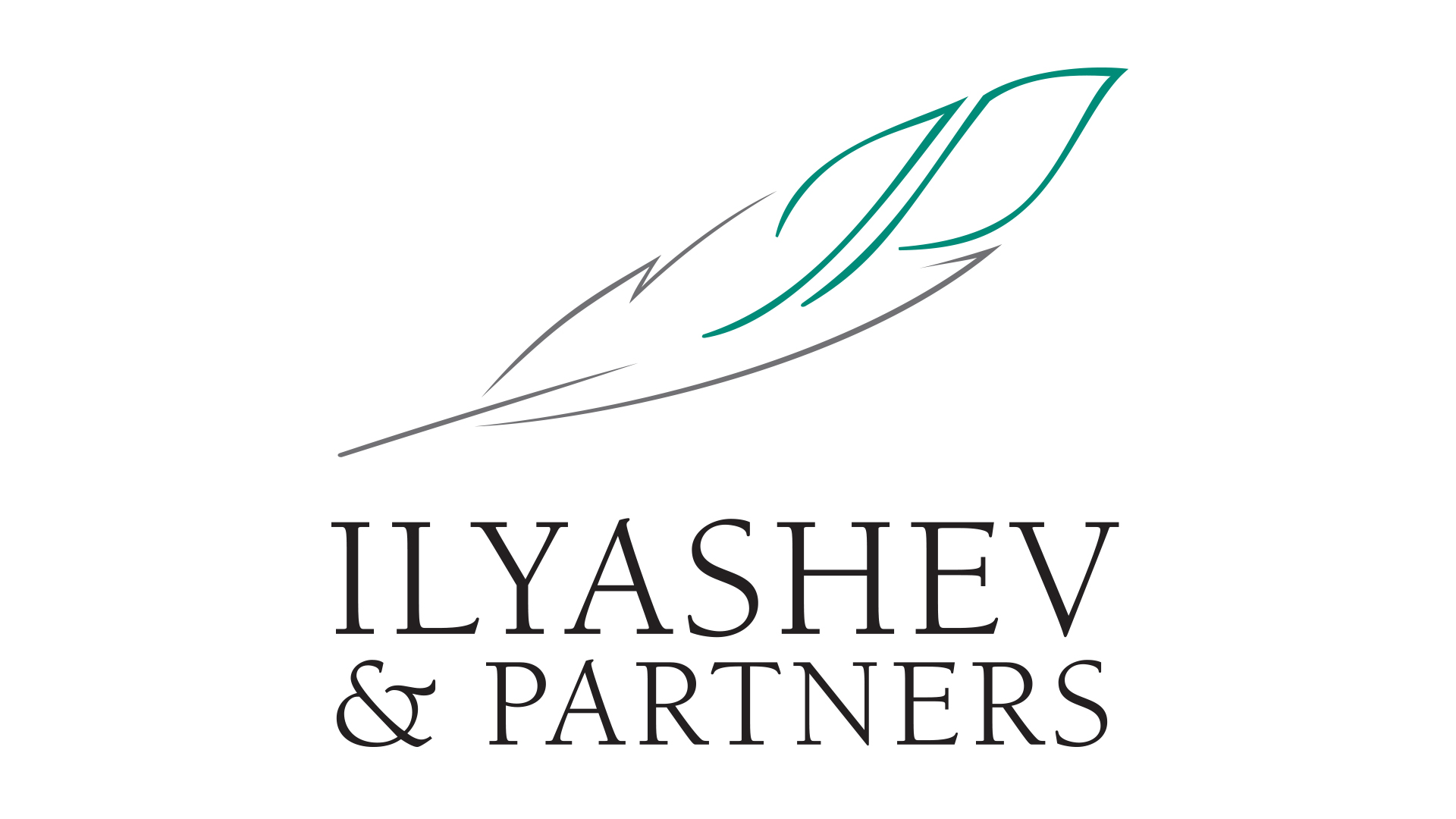Best Collaborative Law Lawyers in Ukraine
Share your needs with us, get contacted by law firms.
Free. Takes 2 min.
Free Guide to Hiring a Family Lawyer
Or refine your search by selecting a city:
List of the best lawyers in Ukraine
About Collaborative Law in Ukraine
Collaborative Law in Ukraine is a modern approach to conflict resolution, primarily used in family law but also extendable to other areas of legal disputes. It focuses on negotiation and open communication between parties to reach mutually agreeable solutions without going to court. The process involves a series of structured meetings and the support of specially trained collaborative lawyers who guide the discussions. This method aims to reduce the adversarial nature of traditional legal proceedings, promoting cooperation and often saving time and costs.
Why You May Need a Lawyer
Engaging a lawyer experienced in Collaborative Law can be crucial in situations where you and another party are looking to resolve disputes amicably. Common scenarios include:
- Divorce and separation, where couples seek a peaceful resolution and maintain a good relationship for co-parenting.
- Disputes related to child custody or parenting plans, necessitating a focus on the children's best interests.
- Property and financial settlements where both parties are open to fair negotiations.
- Workplace conflicts involving employment contracts or disagreements between employers and employees.
A lawyer adept in Collaborative Law ensures that the process remains focused on cooperation and that all parties' rights and interests are respected.
Local Laws Overview
Ukrainian law supports alternative dispute resolutions, and Collaborative Law is an emerging field that aligns well with existing family and civil litigation regulations. Key aspects include:
- The Family Code of Ukraine emphasizes amicable settlements, particularly in family disputes, aligning with Collaborative Law principles.
- Civil Procedure Codes allow for mediation and other forms of peaceful dispute resolution, providing a framework within which Collaborative Law operates.
- The involvement of legal representatives must comply with ethical standards that focus on transparency and avoiding conflict.
- The process is voluntary, allowing any party to withdraw if they feel a successful resolution is unattainable through collaboration.
Frequently Asked Questions
What is the main benefit of Collaborative Law?
Collaborative Law offers a less adversarial and often more cost-effective means of resolving disputes while preserving relationships and providing customized solutions tailored to the parties' specific needs.
Who can participate in the Collaborative Law process?
Any individuals who are parties to a dispute and choose to resolve it amicably can participate, typically involving their lawyers and occasionally financial or mental health professionals.
Is Collaborative Law legally binding?
The agreements reached through Collaborative Law can be made legally binding if they are formalized into written contracts or settlements recognized by the courts.
How does Collaborative Law differ from mediation?
While both focus on dispute resolution outside of courts, Collaborative Law involves lawyers who represent each party and assist in negotiation, while mediation uses a neutral third-party mediator.
Can Collaborative Law be used for any legal dispute?
While it is most common in family law, Collaborative Law can be applied to various civil disputes where parties are open to cooperation and negotiation.
What happens if the Collaborative Law process fails?
If the process fails, parties may choose to proceed to litigation or explore other alternative dispute resolution methods. Lawyers involved in the collaborative process are disqualified from representing the parties in future adversarial proceedings.
How long does the Collaborative Law process take?
The duration can vary significantly based on the complexity of the issues and the parties' willingness to cooperate, but it often resolves quicker than traditional litigation.
What role do lawyers play in Collaborative Law?
Lawyers facilitate discussions, provide legal advice, and ensure that the agreements are fair and abiding by the law. They work collaboratively rather than in an adversarial manner.
Is Collaborative Law suitable for high-conflict cases?
It can be, as long as both parties are committed to the process and willing to negotiate in good faith, although particularly high-conflict cases may still benefit from mediation or arbitration.
Are there specific qualifications for Collaborative Law practitioners?
Yes, lawyers and other professionals involved in Collaborative Law should undergo specific training to ensure they're equipped to handle the collaborative process effectively.
Additional Resources
For those looking for further assistance or information on Collaborative Law in Ukraine, the following resources may be helpful:
- Ukrainian Bar Association - Offers information and resources for legal professionals in Ukraine.
- Local mediation centers - Provide services and information on alternative dispute resolution, including Collaborative Law.
- Family courts - Can offer guidance on how decisions reached through Collaborative Law are formalized.
Next Steps
If you are considering Collaborative Law as a method to resolve your dispute, it's essential to consult with a lawyer specialized in this area. Here are some suggested steps:
- Research and reach out to legal professionals with Collaborative Law expertise to understand their approach and fees.
- Prepare the necessary documentation or information about your dispute to facilitate a productive consultation.
- Discuss your goals and expectations openly with your lawyer to tailor the collaborative process to your needs.
- Consider involving other professionals, such as financial advisors or child specialists, if their input can help reach an amicable solution.
Taking these steps can lead you toward a resolution that is fair, efficient, and maintains important relationships.
Lawzana helps you find the best lawyers and law firms in Ukraine through a curated and pre-screened list of qualified legal professionals. Our platform offers rankings and detailed profiles of attorneys and law firms, allowing you to compare based on practice areas, including Collaborative Law, experience, and client feedback.
Each profile includes a description of the firm's areas of practice, client reviews, team members and partners, year of establishment, spoken languages, office locations, contact information, social media presence, and any published articles or resources. Most firms on our platform speak English and are experienced in both local and international legal matters.
Get a quote from top-rated law firms in Ukraine — quickly, securely, and without unnecessary hassle.
Disclaimer:
The information provided on this page is for general informational purposes only and does not constitute legal advice. While we strive to ensure the accuracy and relevance of the content, legal information may change over time, and interpretations of the law can vary. You should always consult with a qualified legal professional for advice specific to your situation.
We disclaim all liability for actions taken or not taken based on the content of this page. If you believe any information is incorrect or outdated, please contact us, and we will review and update it where appropriate.
Browse collaborative law law firms by city in Ukraine
Refine your search by selecting a city.









